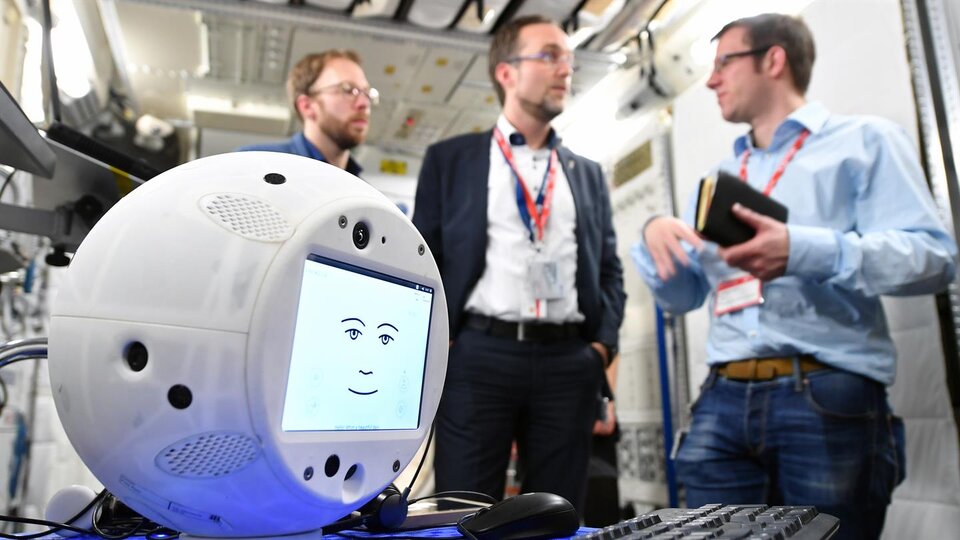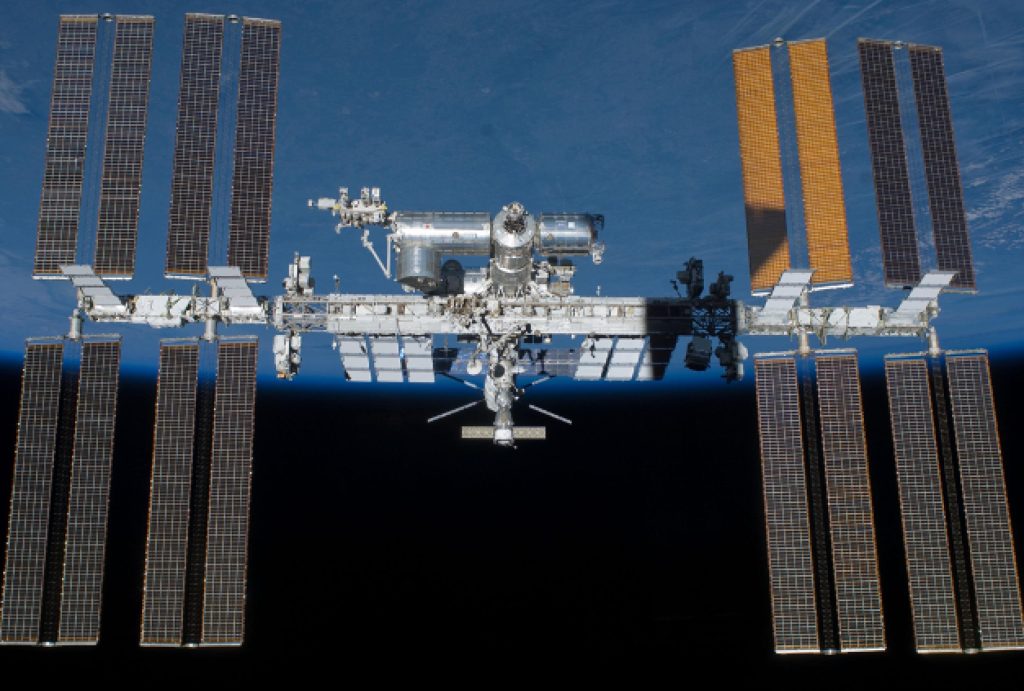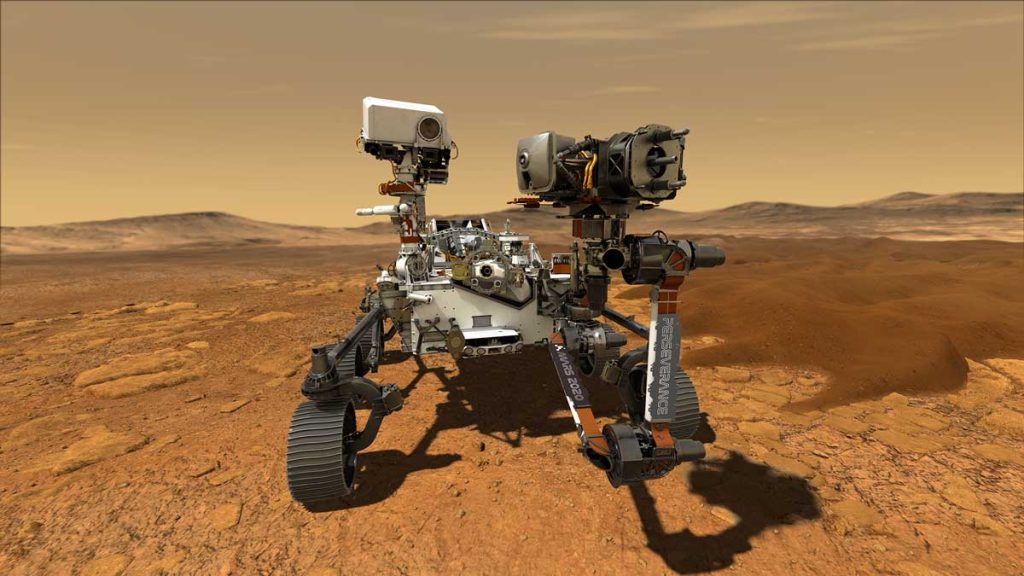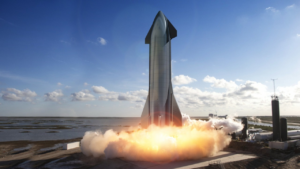AI & Space: How Agencies Across the World Are Using AI for Good
2nd May 2023
Artificial intelligence, or AI, is a topic that’s being hotly debated across many industries. AI has an innovative but somewhat threatening nature. There is the fear of AI’s potential risk to humanity – especially when looking at how AI may take people’s jobs or infringe on their privacy.
However, AI is much more than just ChatGPT or the iRobot movie; its applications are ubiquitous and helpful across many industries – including space exploration. Currently, artificial intelligence is being used for much more than we see at first glance. The technology is helping us down here on planet Earth, as well as with scientific discoveries in outer space. It’s actually furthering the betterment of humanity. So, where does AI fit into the study of space?
What Is Artificial Intelligence?
A good place to start is to explain what AI is. Well, artificial intelligence is the use of computer systems to complete tasks that typically require human intelligence. Basically, there are two types of it: weak and strong AI. The weak one is something that many of us use in day-to-day life, such as Siri and Alexa. Strong AI is the use of machines that have the equal intelligence of a human, self-aware consciousness, and the ability to solve problems, learn, and plan for the future.
AI has vastly evolved over the years and has become intrinsic to many scientific applications. According to a study completed by the UK Government, AI: “is already delivering wide societal benefits, from medical advances to mitigating climate change.” And currently, AI is being actively used for various space exploration missions, starting from autonomous navigation systems on spacecraft and rovers, to virtual simulations for training astronauts.
Space & Data: How AI is used in the space industry?
AI has the ability to streamline many operations when it comes to space exploration. For example, NASA uses AI for data processing due to the monumental amount of information that Earth-observing instruments gather each day. AI has the capacity to crunch numbers quickly, and this practical use of AI is being utilised by the Department of Artificial Intelligence at NASA’s Jet Propulsion Laboratory (JPL).
JPL has been conducting prototype research on how AI can be used on board the International Space Station (ISS). They have found a multitude of uses for artificial intelligence on the ISS, such as observing wildfires and other Earthly phenomena, and gathering useful data relevant to those situations.

In addition to JPL, Qualcomm and Ubotica are aiding in the development of AI algorithms that will process raw data more efficiently when collected from future space missions. The algorithm will also have uses on Earth by collecting data from satellites observing our planet’s evolving natural disasters – such as volcanic eruptions. Ultimately, the use of AI in this capacity will save lives due to its ability to prioritise, identify, and process information in seconds – quick thinking at the most critical times.
How the UK is using AI to improve the lives of many on planet Earth
At home in the UK, Leicester University researchers are collaborating with the UK Space Agency and the NHS to develop an app called the Personalised Space Technology Exercise Platform (P-STEP). The application will use space data and artificial intelligence to offer customised exercise recommendations for specific diseases as well as pollution alerts given at 10-metre accuracy.
Another project funded by the UK Space Agency is using AI to detect buried archaeological remains through satellite imagery. This will make unearthing our planet’s hidden secrets easier.
Autonomous robots & AI: Exploring extra-terrestrial landscapes
A prime example of AI being used in space exploration is the great Mars 2020 rover: Perseverance, which autonomously explores the vast Martian landscape without the need for human drivers. Autonomous rovers – such as Perseverance – are equipped with a suite of AI capabilities and decision-making skills, so they’re able to procure the information we require. Their ability to explore other planets means that the AI embedded in the rover can solve problems such as the time lag between commands sent from Earth and actions on Mars or beyond.

Planning a Space Mission with AI
To ensure that NASA’s missions are ready to go without a hitch, they employ the use of AI to assist with planning and mission design. NASA will feed the AI previous mission data so that the algorithm can crunch the numbers, providing engineers and researchers with the most pertinent information efficiently.
Another important application for AI in space exploration is the fact it can be used to assist astronauts with their missions. For instance, an astronaut assistant uses AI technology to provide our space explorers with data and detect hazards that need their attention.
To sum up, AI is rapidly becoming an integral application for space exploration and will continue to be utilised by researchers and scientists in discovering what’s out there among the stars. This technology is in focus of many companies and will surely make a splash in the industry in the next few years.







Thank you for your comment! It will be visible on the site after moderation.